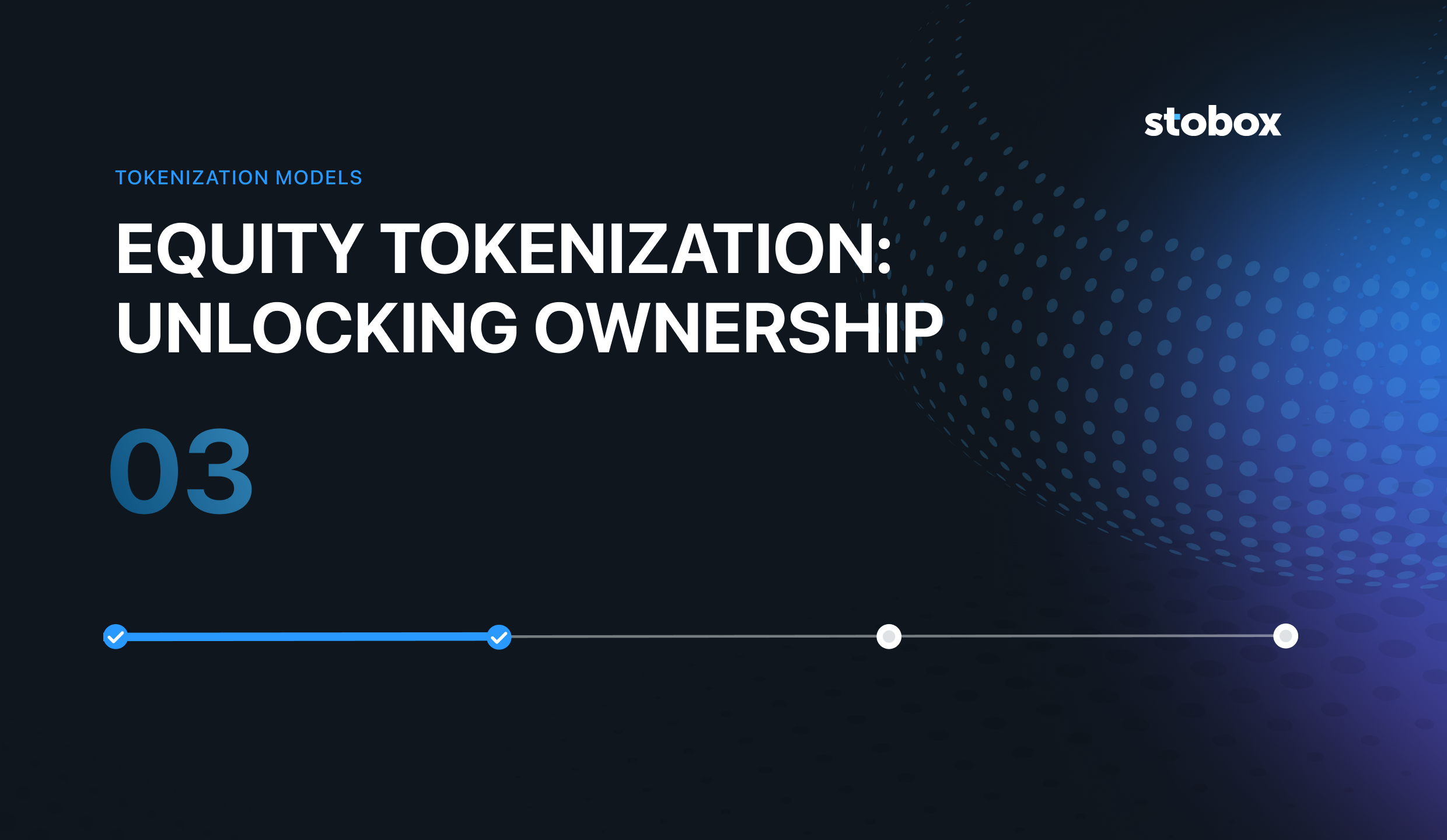Equity Tokenization: Unlocking Ownership
Equity tokenization involves converting ownership in a company into digital tokens on a blockchain.

In the dynamic realm of finance, Equity Tokenization stands out as a game-changer. Let's unravel the intricacies, explore real-world examples, and understand the impact this model has on ownership dynamics.
What is Equity Tokenization?
Equity tokenization involves converting ownership in a company into digital tokens on a blockchain. These tokens represent shares in the traditional sense but are more versatile and accessible.
How Does It Work?
When a company decides to tokenize its equity, it undergoes a process where ownership shares are converted into digital tokens. These tokens are then distributed among investors, granting them ownership rights proportionate to the tokens held.
Real-World Example: Startup X
Imagine a startup, let's call it Startup X, seeking funding to fuel its expansion. Instead of opting for traditional investors, Startup X decides to tokenize its equity. Investors, both large and small, can now purchase tokens representing shares in Startup X.
Advantages of Equity Tokenization
- Global Accessibility
Traditional equity ownership often limits investors to specific geographic regions. Equity tokenization allows global participation, breaking down geographical barriers. - Fractional Ownership
Traditional shares often come with high price tags, limiting small investors. Equity tokens enable fractional ownership, making investments accessible to a broader audience. - Liquidity
Unlike traditional shares that may take days to liquidate, equity tokens can be traded 24/7 on blockchain-based platforms, offering increased liquidity.
According to a report by Stobox, companies that embraced equity tokenization experienced an average increase of 22% in funding rounds compared to those using traditional fundraising methods.
Challenges and Considerations
- Regulatory Compliance
The regulatory landscape for equity tokenization is evolving. Companies must navigate these changes to ensure compliance with local regulations. - Security Concerns
While blockchain is inherently secure, issues like hacking and phishing attacks pose risks. Robust security measures are crucial to safeguard investor assets.
As technology and regulations continue to evolve, equity tokenization is poised to reshape how businesses raise capital and how investors participate in ownership. Stay tuned as we delve deeper into other innovative tokenization models in the upcoming sections.


